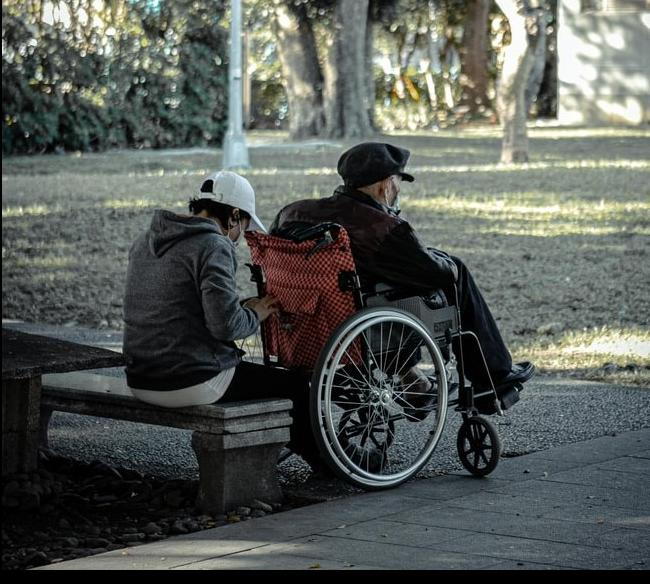
On World Stroke Day, take time to learn more about strokes. A stroke is an event during which blood supply to the brain is disrupted. Strokes are most frequently caused by a clot in an artery supplying blood to the brain (ischemic stroke). Strokes can also be caused by hemorrhage when a burst vessel causes blood to leak into the brain. A stroke can cause permanent damage, including partial paralysis and impairment in speech, comprehension and memory, and even death. According to the World Stroke Organization, 1 in 4 adults globally over the age of 25 will have a stroke in their lifetime. 13.7 million people worldwide will have their first stroke this year and 5.5 million will die as a result.
Stroke Prevention
The Stroke Recovery Foundation recommends the following:
• Healthy Blood Pressure - Maintaining a healthy weight and exercising will help keep your blood pressure at healthy levels which reduces the possibility of a stroke.
• If you smoke, stop.
• Drink in moderation. Consider red wine as an alternative.
• Keep diabetes in check.
• Consider getting a carotid artery screening.
Most common time strokes may happen
The most common time of year to have a stroke or heart attack is around the holidays. A study published in the American Heart Association’s Circulation publication found that both heart attack and stroke are most common on Christmas, the day after Christmas, and New Year’s Day because people are likely to have more stress and are eating more fatty, salty, or sugary foods than they normally would. Also, cold weather both causes blood vessels to constrict and blood to clot more easily, potentially resulting in reduced blood flow to the heart and brain.
The most at-risk for having a stroke
According to the Stroke Recovery Foundation, the largest risk factors for strokes are:
• Being overweight
• Not exercising regularly
• Smoking
Knowing the signs of stroke
The CDC says the predominant indicators of stroke in men and women are the following:
• Sudden numbness or weakness in the face, arm, or leg, especially on one side of the body.
• Sudden confusion, trouble speaking, or difficulty understanding speech.
• Sudden trouble seeing in one or both eyes.
• Sudden trouble walking, dizziness, loss of balance, or lack of coordination.
• Sudden severe headache with no known cause.
Call 9-1-1 right away if you or someone else has any of these symptoms.
FAST
The National Stroke Association, and American Heart Association use the acronym FAST (Facial drooping, Arm weakness, Speech difficulties and Time) to educate the public on detecting symptoms of a stroke, where time refers to the importance of getting help quickly. Millions of brain cells die each minute when oxygen is cut off from the brain. Getting help sooner than later will make a difference in the stroke’s lasting effects.







